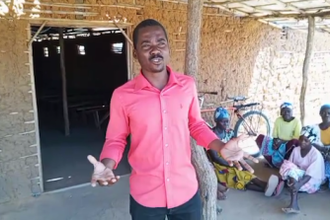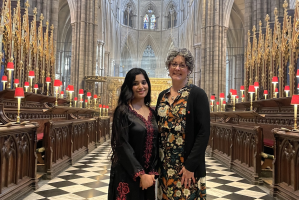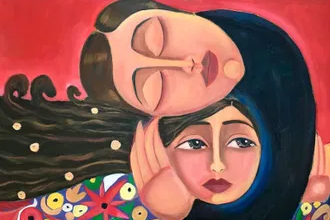Pakistan: Top Muslim lawyer says 95 percent of blasphemy charges are false
Ninety-five percent of prosecutions in Pakistan for insulting the Prophet Mohammed or the Koran are false, according to a high-profile Muslim lawyer in the country.
The legal expert, who cannot be named for security reasons, said in most cases the law is abused by people bent on carrying out a personal vendetta. In a statement given to Aid to the Church in Need, the lawyer claimed that almost all prosecutions are against poor people who have "no status in society" and cannot defend themselves.
The lawyer said he and his family had received threats from people violently opposed to his work representing Christians, Muslims and others accused of blasphemy. But he said he was undeterred adding that he sees it as "his duty to protect poor and innocent people from injustice" and takes no fees in such cases.
He stated that for him it fulfils his "promise to help defenceless people".
The lawyer's statement comes at a time of heightened concern about Pakistan's infamous Blasphemy Laws.
The Blasphemy Laws were introduced in the 1980s and controversy centres around Articles 295B which sentences people guilty of desecrating the Koran to life imprisonment and 295C which imposes the death penalty on those who insult the Prophet Mohammed.
An international campaign is ongoing in the case of mother-of-five Asia Bibi who is on death row after being found guilty of blasphemy last year and in March Federal Minister for Minorities Shahbaz Bhatti was killed after publicly criticising Pakistan's Blasphemy Laws.
In his statement, the lawyer highlighted abuses against the law both in court proceedings and police investigations, claiming that massive workload meant that cases were not investigated properly.
According to Pakistan law, evidence must be gathered within 14 days. The accused is arrested and incarcerated if the evidence suggests he is guilty.
Evidence gathering often takes 14 months during which time the accused is in jail.
The legal expert claimed people were often too afraid to appear in court to defend someone accused of blasphemy. According to the lawyer, the defendant often faces court proceedings alone whereas the prosecution receives huge support.
He stated: "The accused enters the courtroom alone and in handcuffs while the accuser appears along with 40 or 60 bearded men to support him."
According to the Catholic Church's Commission for Justice and Peace in Pakistan, 38 people were accused of blasphemy last year, of whom 14 were Christians.
Aid to the Church in Need UK has come out publicly against the Blasphemy Laws.
In July, UK Director Neville Kyrke-Smith was among those who submitted a petition at London's 10 Downing Street calling for action to protect Christians and other minorities in Pakistan.
Speaking outside the Prime Minister's residence, Mr Kyrke-Smith said: "We are at one with those who are persecuted in Pakistan and all those who suffer in connection with the Blasphemy Laws.
"Please help us to change these blasphemous Blasphemy Laws which lead to killings. We ask the government of David Cameron to ensure that religious rights are included in any and every discussion with other countries."
To find out more about the blasphemy laws and sign Aid to the Church in Need's petition click here: www.acnuk.org/pages/petition-signup.html


















